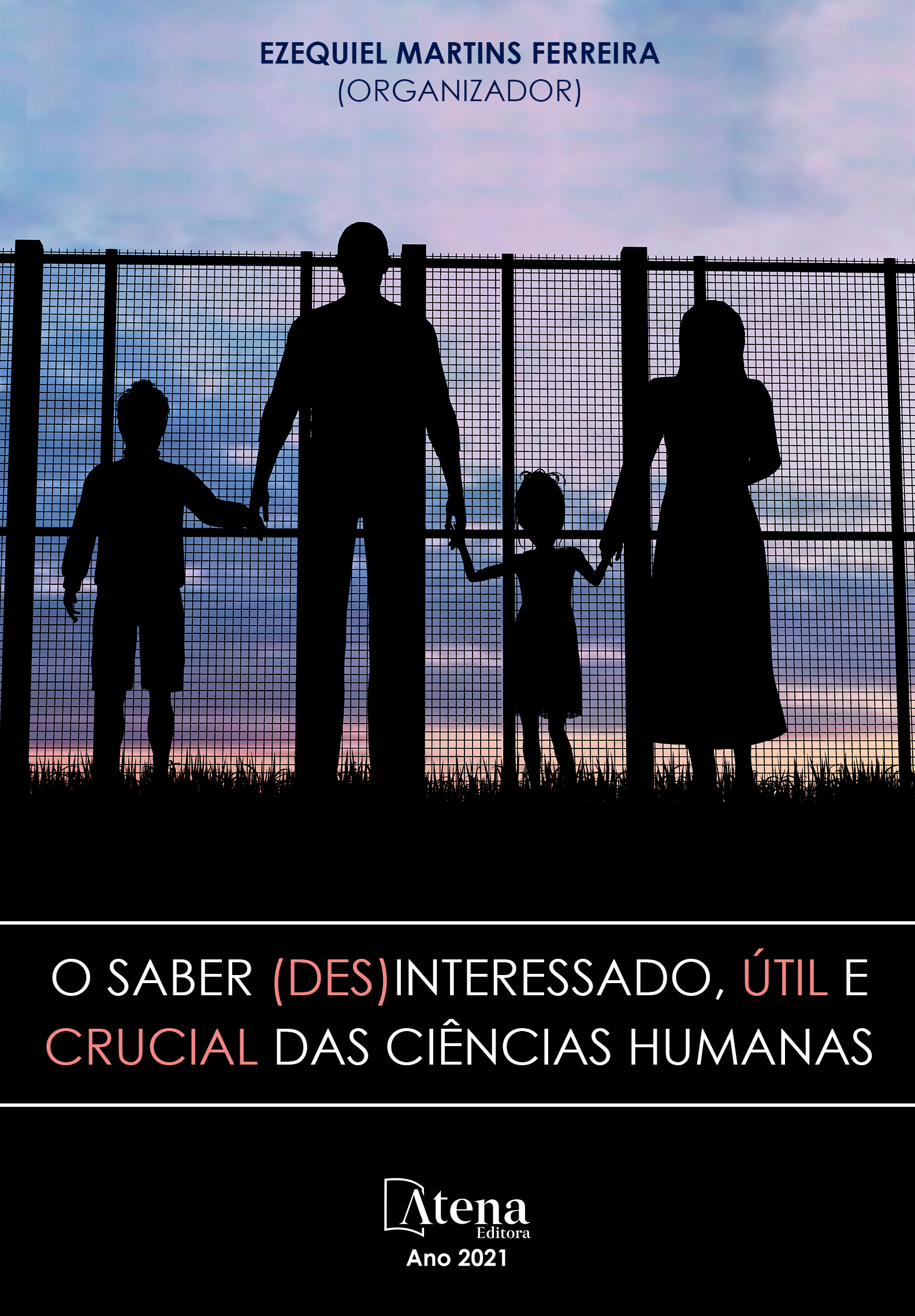
EDUCAÇÃO INTEGRAL E(M) TEMPO INTEGRAL: CONCEPÇÕES E ANÁLISES
O presente trabalho consiste num estudo um recorte de uma pesquisa do tipo estado do conhecimento que investigar quais as orientações que o Programa Mais Educação (implantado em 2007) nas redes de ensino da região sul corroborou na implantação de uma política de educação integral em tempo integral. O estudo de caráter quali - quantitativo fará uma análise documental das diretrizes legais das redes de ensino para a educação integral brasileira de 2007 a 2013. Nesta conjuntura, o termo educação integral e tempo integral apresentam inúmeras interpretações, tanto no que se refere ao campo legalístico, quanto no pedagógico e político. No contexto acadêmico, houve um grande interesse na temática, que se consistiu em inúmeras experiências e trabalhos a respeito, e a partir disto começou a brotar novos conceitos acerca do assunto. Na investigação de cunho teórico-bibliográfico nos apoiamos em autores como: BIESTA (2013); GRAMSCI (2011) ROMANOWSKI e ENS (2006); entre outros documentos oficiais que tratam do tema abordado. Houve a necessidade de continuar as reflexões devido as variações que ocorrem diante do entendimento do significado da educação integral na formação dos sujeitos no contexto educativo.
EDUCAÇÃO INTEGRAL E(M) TEMPO INTEGRAL: CONCEPÇÕES E ANÁLISES
-
DOI: 10.22533/at.ed.4612114109
-
Palavras-chave: Educação Integral. Formação. Tempo Integral. Programas.
-
Keywords: Integral Education. Formation. Full-time. Software.
-
Abstract:
The present work consists of a study part of a state of knowledge research that investigates the orientations that the Mais Educação Program (implemented in 2007) in the teaching networks of the southern region has supported the implementation of a full-time integral education policy. . The study of a quali-quantitative character will make a documental analysis of the legal guidelines of the teaching networks for the Brazilian integral education from 2007 to 2013. In this context, the term integral education and integral time have numerous interpretations, both in what refers to the legalistic field , as well as in the pedagogical and political. In the academic context, there was a great interest in the subject, which consisted of numerous experiences and works on the subject, and from this, new concepts about the subject began to emerge. In the investigation of a theoretical-bibliographic nature, we rely on authors such as: BIESTA (2013); GRAMSCI (2011) ROMANOWSKI and ENS (2006); among other official documents dealing with the topic discussed. There was a need to continue the reflections due to the variations that occur in the understanding of the meaning of comprehensive education in the education of subjects in the educational context.
-
Número de páginas: 10
- Luciana Serra Passos
- Najla Cristina Sousa Magalhães
- Nadja Regina Sousa Magalhães


